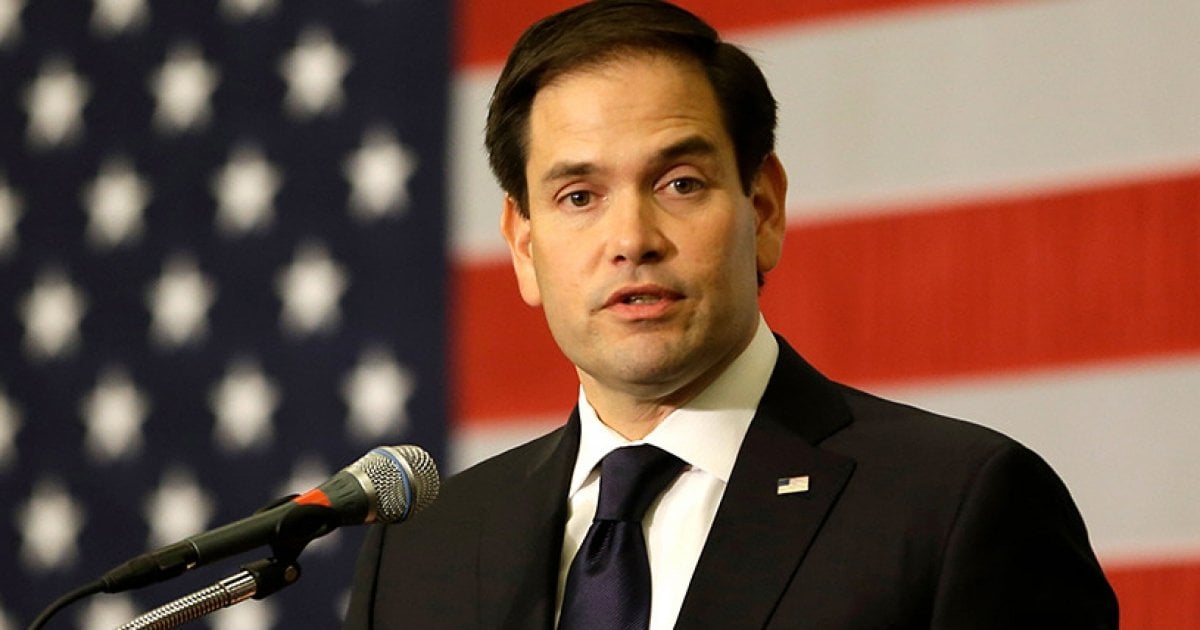This Tuesday, the Cuban government launched a verbal attack against Marco Rubio in response to the recent expansion of U.S. visa restrictions. These restrictions target Cuban officials and others involved in the island's labor export program, particularly its international medical missions.
Cuba's Foreign Minister, Bruno Rodríguez, criticized the new Secretary of State, accusing him of prioritizing his "personal agenda" over U.S. interests. Rodríguez pointed out that the visa measures linked to international medical cooperation agreements mark the seventh attack on the Cuban people in just a month. He expressed on social media that "this measure is unjustified and impacts populations dependent on Cuban healthcare services abroad."
Carlos F. de Cossio, Director General of Bilateral Affairs for Cuba, also condemned the decision, labeling the criticism of Cuban health services as an "aggression." He emphasized that these services are often the sole means for millions in developing countries to receive medical care. "Access to healthcare is a human right, and the U.S. is committing a crime by attempting to block it," he stated.
In contrast, Marco Rubio supported the policy, asserting on Twitter that the U.S. State Department had acted to limit visa issuance to Cuban government officials and individuals from other nations deemed responsible for or involved in the Cuban labor export program, which he referred to as "forced labor." Rubio stated that this policy aims to "hold the Cuban regime accountable for oppressing its people and those benefiting from forced labor."
The expansion of this policy focuses on Cuban medical missions abroad, which the U.S. government views as a labor exploitation mechanism. Additionally, the measure will also affect the immediate family members of those involved in these programs.
Since taking office on January 20, the Trump administration has increased sanctions against the Cuban regime, reinstating Cuba on the list of state sponsors of terrorism, tightening economic restrictions, and limiting Cubans' access to migration programs like humanitarian parole.
The Cuban government has repeatedly stated that U.S. actions only worsen the hardships faced by the Cuban population and further damage bilateral relations amidst ongoing tensions over the island's migration and economic situation.
Implications of U.S. Visa Restrictions on Cuba
What are the new U.S. visa restrictions against Cuba?
The new U.S. visa restrictions target Cuban officials and individuals involved in Cuba's labor export program, especially those linked to international medical missions. These measures also impact the immediate family members of those involved.
Why did Marco Rubio support the visa restrictions?
Marco Rubio supported the visa restrictions as a way to hold the Cuban regime accountable for what he describes as "forced labor" programs. He believes this policy will pressure the Cuban government to stop oppressing its people and exploiting labor.
How has the Cuban government responded to these restrictions?
The Cuban government has condemned the restrictions, arguing that they harm populations relying on Cuban healthcare services and constitute an unjustified aggression against the Cuban people.
